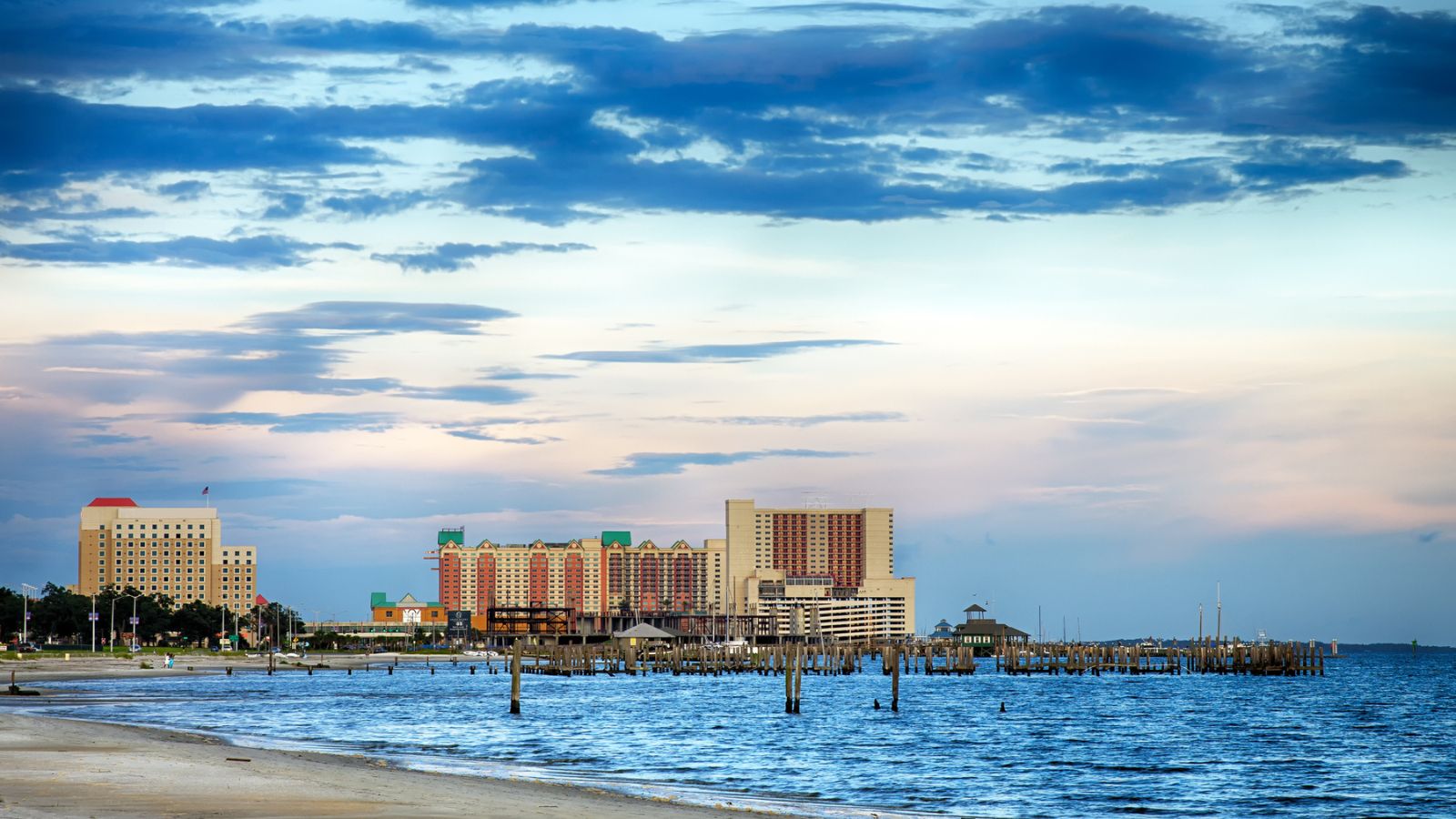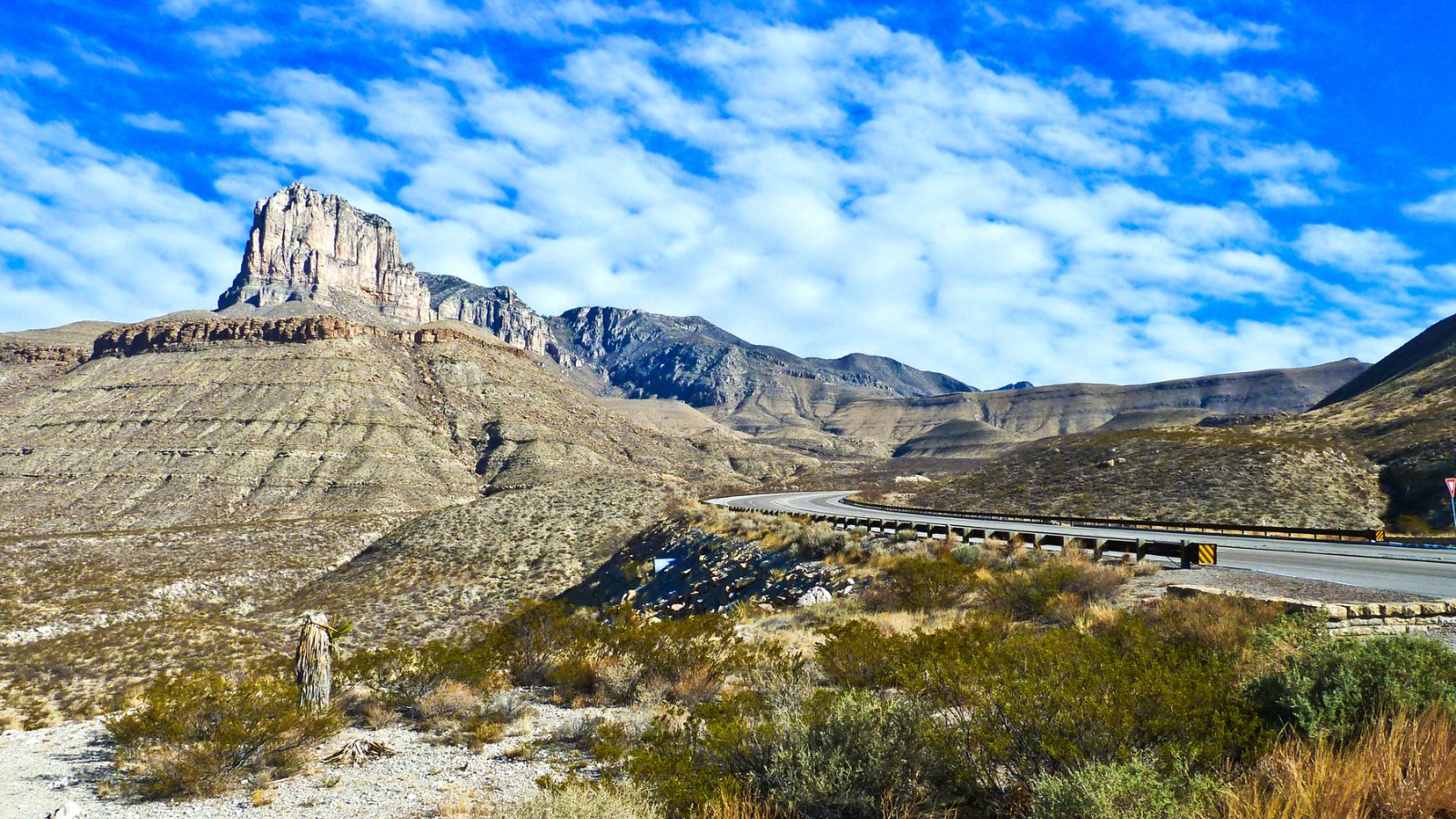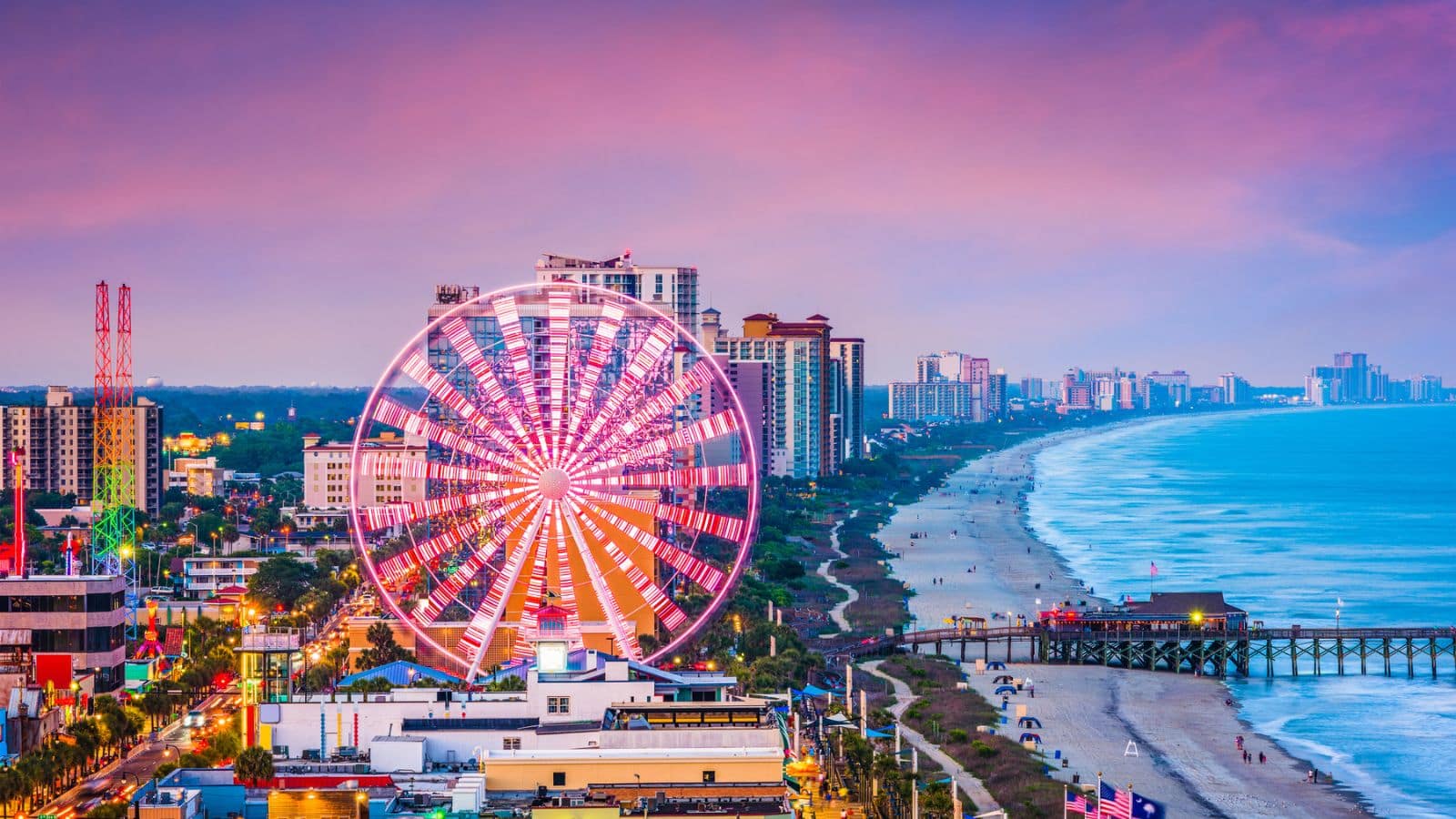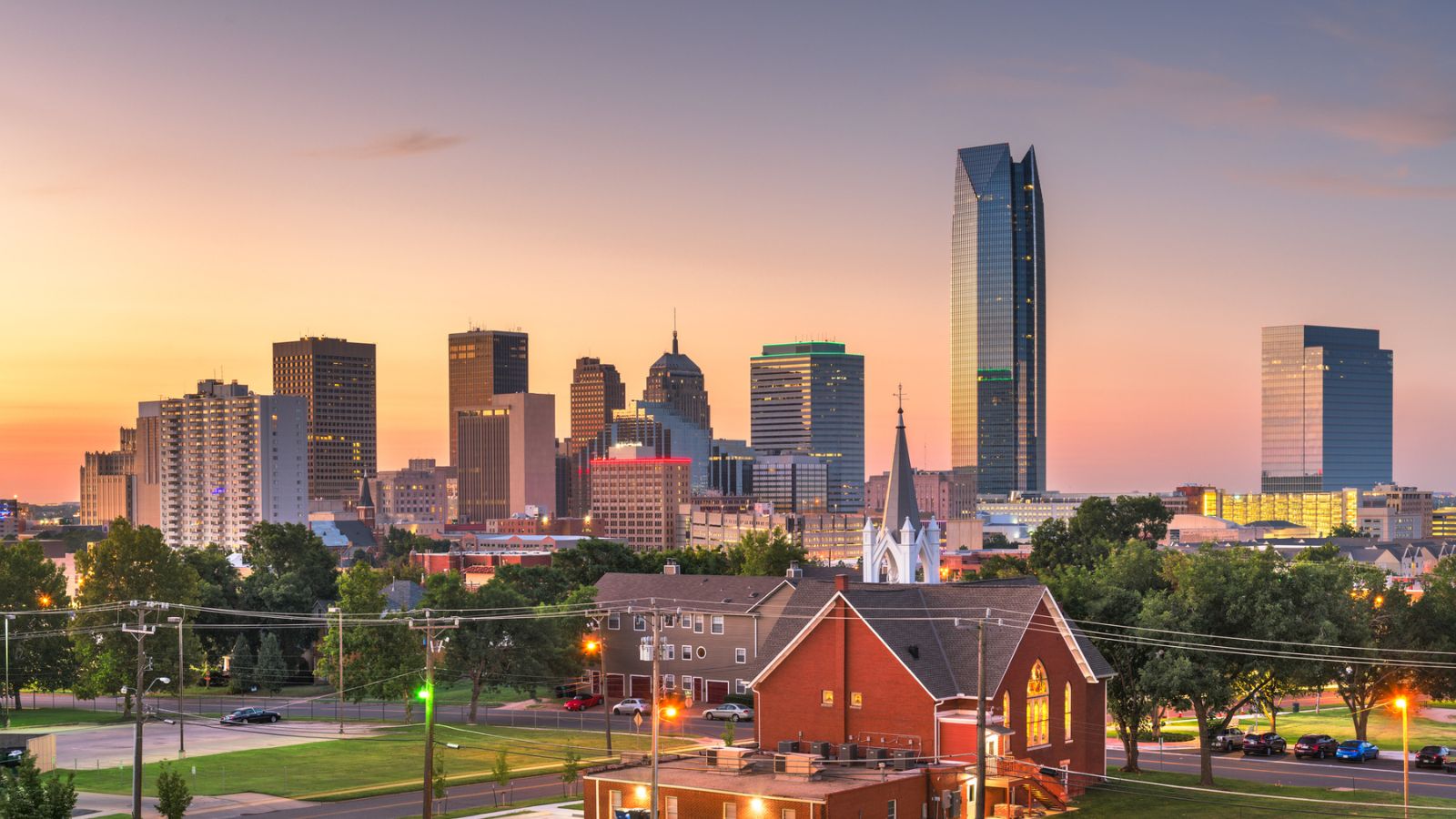While some states in the US offer plenty of opportunities for growth and financial prosperity, there are others that may hinder your ability to improve your financial situation. Whether due to a lack of job opportunities, high cost of living, or other factors, these states can make it difficult for residents to achieve financial stability.
1. Mississippi

Mississippi ranks low in terms of income levels, job opportunities, and economic growth. The state’s poverty rate is well above the national average, and the job market is limited, particularly in industries like technology and finance. Additionally, Mississippi has one of the lowest median household incomes in the US, making it difficult to build wealth.
2. Alabama

Alabama is another state that has a low median household income and a high poverty rate. It also has a low rate of economic growth and limited job opportunities, particularly in industries like healthcare and education. While cost of living is relatively low in Alabama, the lack of economic opportunity makes it difficult to accumulate wealth.
3. West Virginia

West Virginia is one of the poorest states in the country, with a high poverty rate and low median household income. The state’s job market is limited, particularly in high-paying industries, and it has one of the highest unemployment rates in the country. Additionally, the state’s population is declining, which further limits economic growth.
4. Arkansas

Arkansas has a low median household income and a high poverty rate, making it difficult to build wealth. The state’s job market is limited, particularly in high-paying industries like technology and finance, and the state’s economic growth rate is below the national average. Additionally, the cost of living is relatively high in Arkansas, which can make it difficult to save money.
5. New Mexico

New Mexico has a relatively low median household income and a high poverty rate. The state’s job market is limited, particularly in high-paying industries, and economic growth is slow. Additionally, the state has high levels of debt and a relatively high tax burden, which can make it difficult to save money and accumulate wealth.
6. Louisiana

Louisiana has a relatively low median household income and a high poverty rate. The state’s job market is limited, particularly in high-paying industries, and the state has a higher than average unemployment rate. Additionally, the state has been hit hard by natural disasters in recent years, which can impact economic growth and opportunities.
7. Kentucky

Kentucky has a low median household income and a high poverty rate, making it difficult to build wealth. The state’s job market is limited, particularly in high-paying industries like technology and finance, and the state has a higher than average unemployment rate. Additionally, the state’s tax burden is relatively high, which can make it difficult to save money.
8. South Carolina

South Carolina has a relatively low median household income and a high poverty rate. The state’s job market is limited, particularly in high-paying industries, and the state has a higher than average unemployment rate. Additionally, the state’s cost of living is relatively high, which can make it difficult to save money and accumulate wealth.
9. Oklahoma

Oklahoma has a low median household income and a high poverty rate, making it difficult to build wealth. The state’s job market is limited, particularly in high-paying industries, and the state has a higher than average unemployment rate. Additionally, the state has high levels of debt, which can impact economic growth and opportunities.
10. Montana

Montana has a low median household income and a high poverty rate, making it difficult to build wealth. The state’s job market is limited, particularly in high-paying industries like technology and finance, and the state has a higher than average unemployment rate. Additionally, the state’s population is relatively small, which can limit economic growth.
50 Super Simple Side Hustle Ideas

50 Super Simple Side Hustle Ideas (& How to Make Them Work)
10 Frugal Lessons I Learned From Being Flat Out Broke

10 Frugal Lessons I Learned From Being Flat Out Broke
How To Make Money Without a Job

How To Make Money Without a Job
Creative Ways To Make Money

20 Easy Ways to Raise A Credit Score Fast

Read More: 20 Easy Ways to Raise A Credit Score Fast
Frugal Living Tips: The Essential Guide To Start Saving Money

Frugal Living Tips: The Essential Guide To Start Saving Money